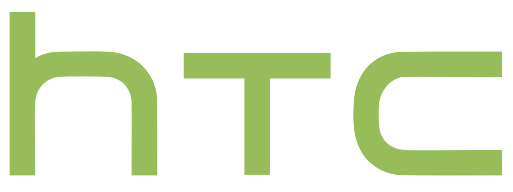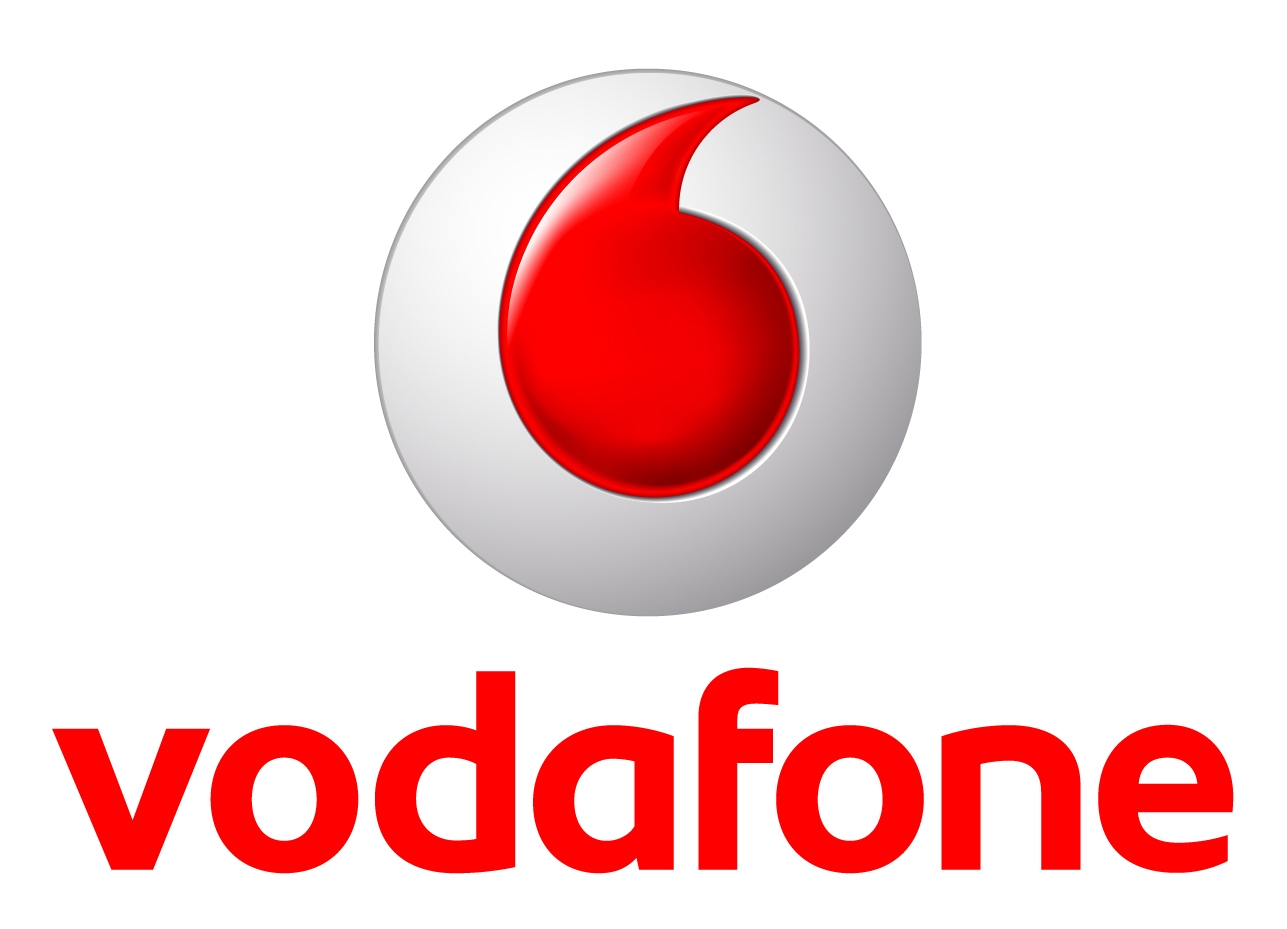 Over everything else that’s been going on today (my resignation from BlackBerry only putting one of the smaller cats amongst my own pidgeons), I nearly missed a rather remarkable deal: Twitter is buying MoPub for – according to unconfirmed sources – $350m in stock. Not too shabby, huh?
Over everything else that’s been going on today (my resignation from BlackBerry only putting one of the smaller cats amongst my own pidgeons), I nearly missed a rather remarkable deal: Twitter is buying MoPub for – according to unconfirmed sources – $350m in stock. Not too shabby, huh?
Why’s that then? Well, we have all been following Twitter’s attempts to turn its growing user base into dollars for (arguably) too long. Their previous (and current) initiatives may have gained somewhat over previous attempts but they still do not really stack up in terms of revenue to what their powerful network (which has famously made regimes tumble down) would suggest it could do.
They have been looking for an ad exchange for a while (the signs were on the wall then) and MoPub looks like a good fit: they are a truly “mobile first” company as was, arguably, Twitter (they have had more mobile usage from Day 1 than most other networks). They run a real-time ad-exchange, meaning the offer of an open space is being created the moment a page loads, an app opens, something happens – in real time (check here for a better explanation). It is basically like Google AdWords for mobile, with the nifty variation that they couple all sorts of mobile inventory and sources into one output. Rather sweet. This of course makes even more sense for Twitter than it might for some other folks as Twitter is “changing” by the second depending on waves of popularity – and, as I said before, a lot of it is on mobile – and it will be more still in the future. So this dynamic nature coupled with the mobile-centric view of MoPub will, I suspect, have been the part that made Twitter part with that much of their stock.
As to this being an all-stock deal (if what TC reports is true): Twitter is probably one of the better pre-IPO stock to hold, I suppose… 😉

 Taiwanese handset maker and Android maven HTC has
Taiwanese handset maker and Android maven HTC has  There have been
There have been  ge international conglomerates are represented, namely with Vodafone, Telefonica/O2, France Telecom/Orange and Hutchison Whampoa’s 3. The strong competition would also appear to ease concerns of merger control restrictions (Vodafone would become a clear market leader in the UK): they could argue quite reasonably that there was more than capable competition in the market besides their acquisition.
ge international conglomerates are represented, namely with Vodafone, Telefonica/O2, France Telecom/Orange and Hutchison Whampoa’s 3. The strong competition would also appear to ease concerns of merger control restrictions (Vodafone would become a clear market leader in the UK): they could argue quite reasonably that there was more than capable competition in the market besides their acquisition. Consolidation in the mobile marketing space: German mobile marketing group
Consolidation in the mobile marketing space: German mobile marketing group 




